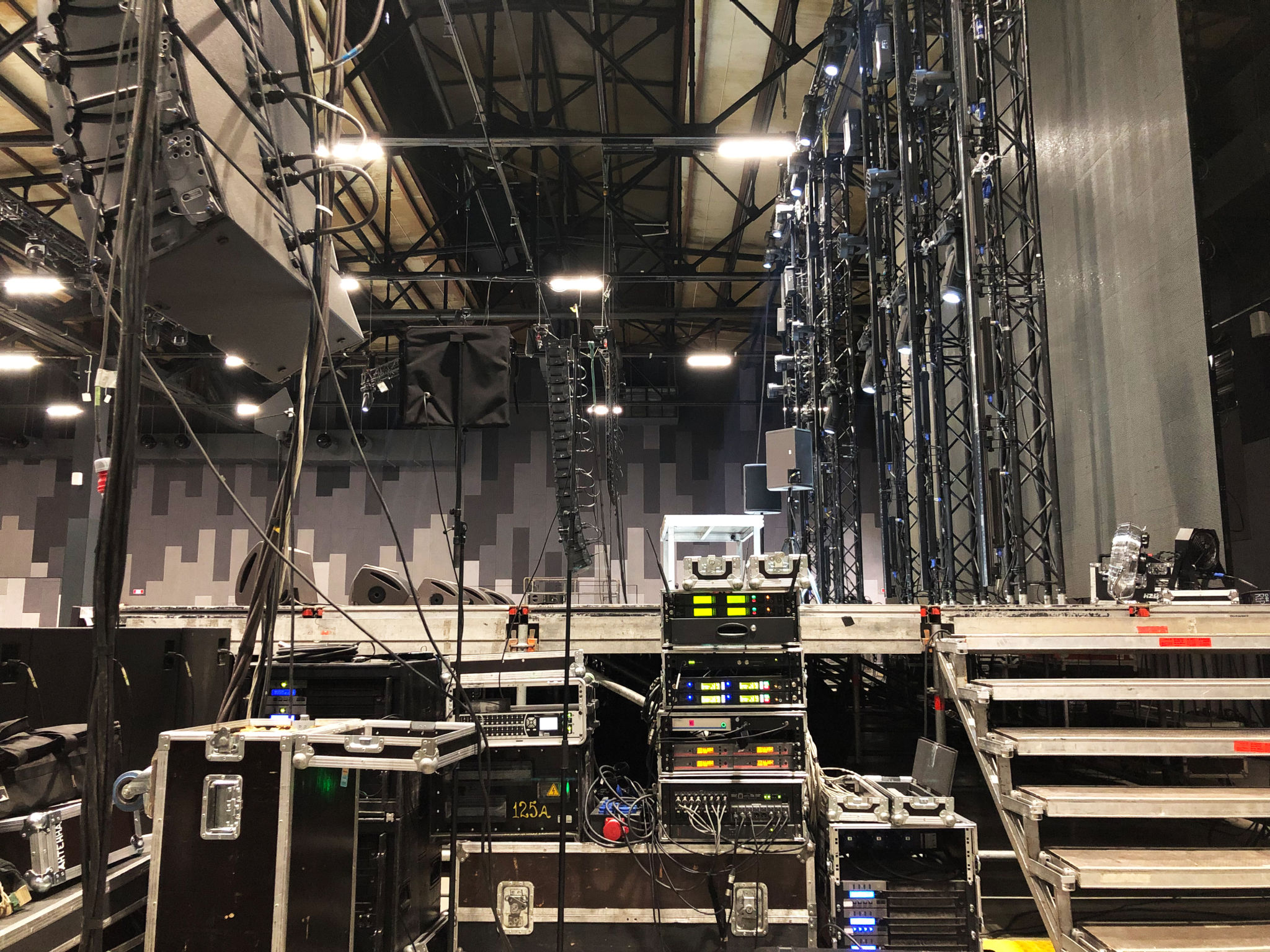Common Event Planning Mistakes and How to Avoid Them
Poor Time Management
One of the most common mistakes in event planning is poor time management. Without a well-structured timeline, even the most meticulously planned events can fall apart. It's essential to start planning as early as possible, allowing ample time for every phase of the event. Create a detailed schedule that outlines each task, deadline, and responsible party. This will help keep everyone on track and ensure that no critical details are overlooked.

Ineffective Budgeting
Another frequent pitfall is ineffective budgeting. Planners often underestimate costs or fail to allocate funds appropriately. To avoid this, start by setting a realistic budget that considers all possible expenses, from venue costs to unexpected emergencies. Regularly monitor spending against your budget to avoid overspending or running out of funds before crucial expenses are covered.
Additionally, it's wise to have a contingency fund for unforeseen expenses. A buffer of around 10% of your total budget can provide peace of mind and financial flexibility if unexpected costs arise.
Ignoring the Audience
Understanding your audience is vital for a successful event. A common mistake is neglecting to tailor the event to the interests and needs of attendees. Conduct thorough research to understand what your audience expects and values. This involves everything from choosing the right venue to selecting appropriate activities and catering options.

Overlooking Details
In the whirlwind of event planning, minor details can be easily overlooked, leading to significant issues on the event day. Create a comprehensive checklist to track every detail, no matter how small. This includes verifying vendor contracts, ensuring all permits are obtained, and confirming logistical arrangements well in advance.
It's also beneficial to conduct a walkthrough of the event space to identify potential issues and opportunities for improvement. This proactive approach can prevent last-minute surprises and enhance the overall experience for attendees.

Lack of Communication
Effective communication is the backbone of successful event planning. Miscommunication or lack of communication often leads to confusion, delays, and errors. Establish clear communication channels among team members, vendors, and stakeholders from the start.
Regular updates, meetings, and feedback sessions can ensure everyone is on the same page and working towards the same goals. Utilize digital tools and platforms to facilitate seamless communication and collaboration among all parties involved.
Neglecting Post-Event Evaluation
The planning process doesn't end when the event concludes. Many planners make the mistake of neglecting post-event evaluation, missing out on valuable insights that can improve future events. Gather feedback from attendees, vendors, and team members to identify areas of success and opportunities for improvement.

Analyze this feedback to refine your strategies and processes for future events. This continuous improvement approach not only enhances future events but also strengthens your reputation as an effective event planner.
